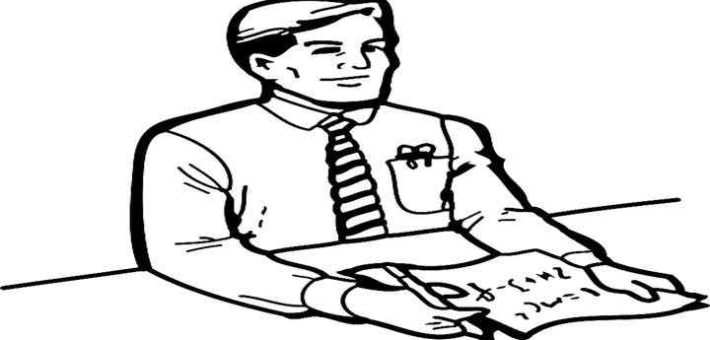ISA 620, Using the work of auditor’s expert
The objective of ISA 620 is to allow the auditor to decide whether to use the work of an expert and assess whether that work is adequate. Here on MCQs.club we have prepared easy Multiple-Choice Questions (MCQs) on ISA 620 Using the work of auditor’s expert revised IFAC that fully cover the ISA 620 summary and definition, ISA 620 MCQs with answers, these MCQs are a basis of conclusions. These MCQ on SA 620 are helpful for Competitive exams, Professional Accountancy exams and Business management exams.
- The objective of ISA 620 is to allow the auditor to:
- decide whether to use the work of an expert
- assess whether that work is adequate.
- Both A&B
- None
- If the auditor lacks the required technical knowledge to gather sufficient appropriate evidence to form an opinion, they may have to rely on the work of an expert. Examples of such circumstances include:
- The valuation of complex financial instruments, land and buildings, works of art, jewelry and intangible assets.
- Actuarial calculations associated with insurance contracts or employee benefit plans.
- Both A&B
- None
- When deciding whether the external auditor needs to use an expert to assist him in obtaining sufficient appropriate evidence, the auditor should consider such factors as:
- the nature, significance and complexity of the matter
- the risk of material misstatement
- the availability of alternative sources of audit evidence.
- All of the above
- ISA 620 requires the auditor to apply the procedures when using the work of an expert. The auditor should:
- assess the competence, capabilities and objectivity of the expert
- obtain an understanding of the expert’s field of expertise
- agree terms of engagement with the expert
- All of the above
- Information regarding the competence, capability and objectivity on an expert may come from a variety of sources, including:
- Personal experience of working with the expert.
- Discussions with the expert.
- Knowledge of the expert’s qualifications, memberships of professional bodies and licenses.
- All of the above
- While Evaluating objectivity of an auditor’s expert:
- Make enquiries of the client about known interests or relationships with the chosen expert.
- Discuss applicable safeguards with the expert.
- Obtain written representation from the expert.
- All of the above
- Auditor must obtain written agreement from the expert of:
- The nature, scope and objectives of the expert’s work.
- The roles and responsibilities of the auditor and the expert.
- The nature, timing and extent of communication between the two parties.
- The need for the expert to observe confidentiality.
- All of the above
- Once the expert’s work is complete the auditor must scrutinise it and evaluate whether it is appropriate for audit purposes. The auditor should consider:
- The reasonableness of the findings and their consistency with other evidence.
- The significant assumptions made.
- The use and accuracy of source data.
- All of the above
- Which of the following is correct?
- The use of an auditor’s expert is not mentioned in an unmodified auditor’s report unless required by law or regulation.
- Reference to the work of an expert may be included in a modified report if it is relevant to the understanding of the modification.
- Both A&B
- None
- If the auditor decides that the work of the expert is not adequate, he is required to:
- agree additional work with the expert
- perform other appropriate additional audit procedures.
- Both A&B
- None
—more to come soon—
Read more





2 Responses
really helpful
Thanks! Stay tune for more.